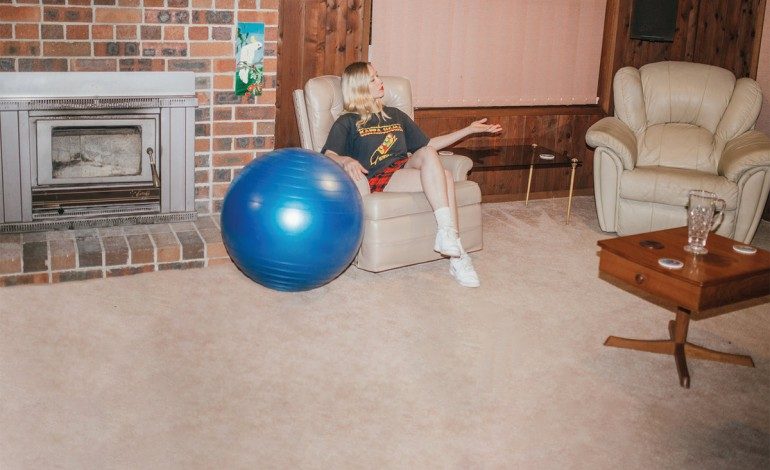

An Indie Rock Ode to Aging
Lest we think indie country and Americana is an art exclusive to the foothills of West Virginia or the vast, red dirt stretches of Oklahoma, Australian singer-songwriter Julia Jacklin is here with an impressive debut record that introduces the world to a new, distinctive voice with plenty to say about the trials and tribulations of a life passing you by.
Don’t Let the Kids Win is the first record from 25-year-old Jacklin, who started playing music with friends in her teen years and fortified her talent in her early 20s with an Appalachian folk band. Her innate talent is evident in her rich voice and melodic playing that fits well within the boundaries of the modern folk canon—but it’s her dashes of wit and doses of realism in her lyricism that sets Jacklin apart.
The album kicks off with an easy, swingy feel with “Pool Party,” a song that seems to rise from the junction of the 1990s alt rock of Liz Phair and 1950s rockabilly ballads. But it also introduces listeners to Jacklin’s familiarity with love, drugs and emotional depth. If they haven’t been made already, consider the Angel Olsen comparisons to begin here—but don’t fall into a trap of considering Jacklin a copycat artist, as her stories are all her own.
The same balladesuqe feel continues on “Leadlight,” while Jacklin shows her rock and roll flair on “Coming of Age.” Here, the album’s theme really starts to take shape as a lamentation of the passage of youth when she sings “I didn’t see it coming/my coming of age.”
Midway through the album, Jacklin unfurls a stunner of a slow burn called “Motherland” with a simple chord structure that builds into a lush and echoing climax as she sings of dirt and earth and self-realization. “These new lines on my face/spell out ‘girl pick up your pace’/if you want to stay true/to what your younger self would do,” she sings.
It’s the kind of sentiment that is a purely honest suggestion, not cloaked in any complicated sort of metaphor but a straight-up observation about the realizations of aging and maturation. She pulls this off again on “L.A. Dream,” which is a breakup song at its core, but displays an acceptance that whatever force and attraction was shared wasn’t meant for the long haul; the kind of realization one experiences only when young love isn’t so young anymore.
“Sweet Steps” shows off Jacklin’s acoustic picking skills, her elegant falsetto and refreshing self-awareness. “Small Talk” follows up with a tale of less-than-subtle flirtation: “You’re too young to be/a lover to me,” she sings over and over again, appearing aware of the powers of seduction but blissfully over it. Like other tracks on the album it’s also a wonderfully sparse recording, with hearty guitar, Jacklin’s deep voice taking on warbles and falsettos, and a thumping, easy kick drum.
Closer “Don’t Let the Kids Win” is another ode to the throes of aging, bringing the themes of the album to a poignant finale. While lamenting the passage of time, Jacklin is rooted in the present: “We’re gonna keep on getting older/it’s gonna keep on feeling strange,” she sings.
Early positive buzz from music reviewers and blogs will help spread the word about Jacklin’s debut. But songs this stylized beg for placement to give their creators a chance to shine, and the more the right indie radio stations and playlist creators sneak these songs into their rotations, Julia Jacklin will be able to cement her place as one of 2016’s outstanding new artists.
